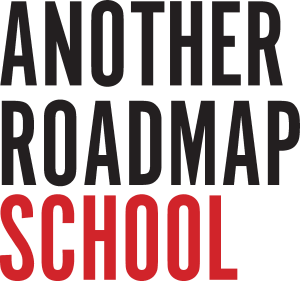Research proposal draft by the Art and Eduation Unit, Faculty of the Arts, National University of Colombia In 2005 the research Art and Education Unit was invited by the Ministry of Culture of Colombia to develop a “Framework Document for discussion” that would advance the regional preparatory conference for the First World Conference on Arts Education organised by UNESCO in Lisbon in 2006. The conference later was renamed Regional Conference for Latin America and the Caribbean on Arts Education “Towards quality arts education: challenges and opportunities”.
The Framework Document was meant to complement a “Conceptual Paper”, which we found was limited to a number of general and highly idealized concepts. Consequently, we developed a presentation that sought to problematize this approach, that is, returning the complexity of the discussion on arts education, trying to overcome commonplaces and conventional formulas which have been accepted and implemented when it comes to the reflection about arts education in a context without much academic tradition on research. Subsequently, we started to recognize a tension in our role as advisors in the official processes around this paper. We realized that our input did not seem to make changes in the general policies of arts education, which is predominantly determined by economistic thinkingand assumptions about the notion of “human development”. On the other hand, our work seemed to paradoxically strengthen these discoures, because our participation in the composition of this policy paper validated the fact that diverging, critical and opposing voices like ours were heard. Based on our role in this development, our resaearch proposal therefore is based on a number of initial research questions: How can we give an account of discourses on art education in Colombia, when their records and documents are weak, or in most cases non-existent? What are the historically legitimated discourses in Colombia that allow naming and revise existing problems in current practices of arts education? For Another Roadmap, we decided that the research group will approach the history of art education policies in Colombia focussing on a critical analysis of published and unpublished documents as well as researching arts education practices with the intention of creating a critical discours around this field of knowledge not only nationally but also regionally. The history of cultural policies in Colombia fragmented and most of the time invisible, therefore it is important to evaluate the validity and uses of documents and their impact on discourses and current practices of arts education. The Arts and Education Unit will therefore focus on two of the guiding questions of Another Roadmap: 1) Development of analysis of the policies and practices of art education in the context of the increasing interest in the role of creativity. 2) Critically assess the continuing hegemony of a colonial Westernised arts education. Additionally, the group will carefully approach steps towards the third aim, i.e. Developing other paradigms for the practices and research of arts education after thoroughly researching fields of practice, relationships between policy and implementation in the framework of the analysis of the two perspectives mentined before. Initially, the work will consist of review of documents and a historical reconstruction of the observed phenomena. After reviewing cultural and art educational policies implemented at the local level and their resonance or levels of implementation we will focus on analysing the development different discourses on creativity, innovation and imagination which takes place simultaneous to these processes. Apart from analysing discourses about school and university practices of the arts education, we intend to critically approach hegemonic discourses in the Colombian context.
